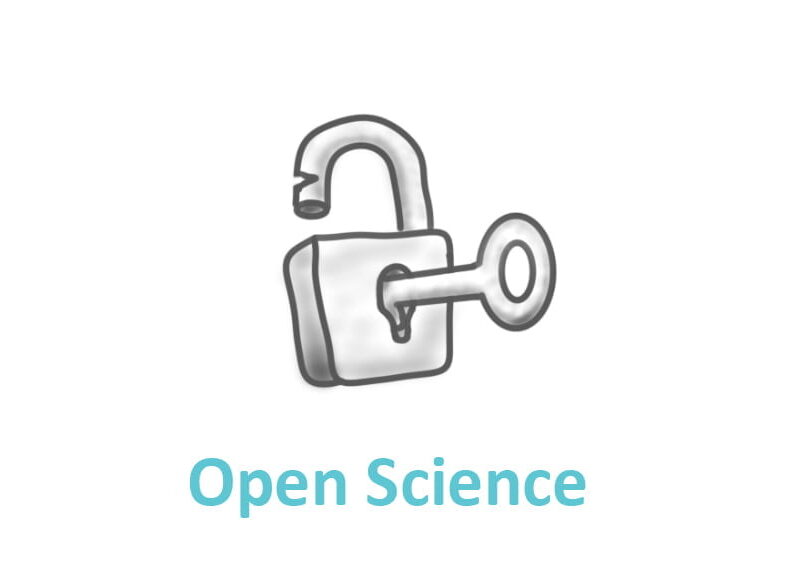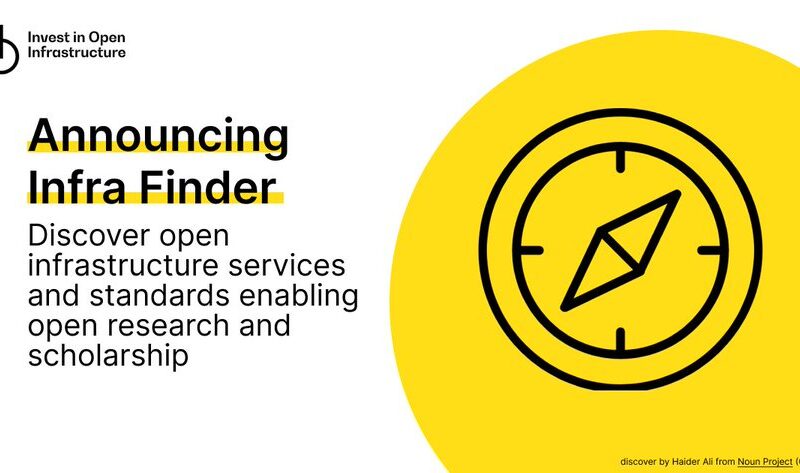Embracing Open Science in Classrooms: Empowering the Next Generation of Researchers
Embracing Open Science in Classrooms: Empowering the Next Generation of Researchers https://opusproject.eu/wp-content/uploads/2023/05/pexels-fauxels-3184468.jpg 1 1 Open and Universal Science (OPUS) Project Open and Universal Science (OPUS) Project https://opusproject.eu/wp-content/uploads/2023/05/pexels-fauxels-3184468.jpgIn an era driven by innovation and information, the principles of open science are transforming the way knowledge is created, shared, and utilized. Open science promotes transparency, collaboration, and accessibility, enabling researchers and learners to engage in a more inclusive and impactful scientific process. Embracing these principles within classrooms not only fosters a deeper understanding of scientific concepts but also equips students with essential skills for their future endeavors. In this article, we explore the benefits and strategies of integrating open science practices into educational settings.
Enhancing Access to Knowledge:
One of the key advantages of open science in classrooms is the increased accessibility to knowledge. Traditional scientific research often remains hidden behind paywalls, limiting access for students and educators. By adopting open science practices, educational institutions can provide students with unrestricted access to scholarly publications, research data, and resources, leveling the playing field for all learners. Open access journals and repositories, such as arXiv and bioRxiv, allow students to explore cutting-edge research, keeping them updated with the latest scientific advancements.
Fostering Collaboration and Engagement:
Open science emphasizes collaboration and collective intelligence. Implementing collaborative projects within classrooms encourages students to work together, share ideas, and solve problems collectively. Platforms like GitHub and GitLab enable students to collaborate on coding projects, while online forums and discussion boards facilitate exchanges of scientific ideas and insights. By engaging in collaborative scientific practices, students develop crucial teamwork and communication skills, preparing them for future research endeavors and professional collaborations.
Promoting Reproducibility and Transparency:
Reproducibility is a cornerstone of scientific research. By incorporating open science principles into the classroom, educators can teach students the importance of transparent methodologies, data sharing, and reproducible research. Encouraging students to document and share their experimental protocols, data, and analysis code helps build a culture of transparency and scientific integrity. Platforms like the Open Science Framework (OSF) provide a framework for organizing and sharing research materials, ensuring the reproducibility of scientific investigations.
Empowering Critical Thinking and Inquiry:
Open science practices encourage students to think critically and engage in scientific inquiry. By exposing students to raw data and research articles, they develop the skills to evaluate scientific claims, analyze data, and draw evidence-based conclusions. Open science also encourages students to question scientific findings, replicate experiments, and challenge established theories. Through these experiences, students cultivate a deeper understanding of the scientific process and develop their own scientific curiosity.
Teaching Ethical Conduct and Responsible Research:
Integrating open science principles in classrooms allows educators to address ethical considerations and responsible research practices. Students learn about responsible data management, intellectual property rights, and the importance of obtaining informed consent when conducting research involving human subjects. By adhering to open science practices, students develop a strong sense of academic integrity, ethical conduct, and respect for research participants.
Conclusion:
Open science in classrooms revolutionizes the way we educate future researchers, scientists, and critical thinkers. By embracing open science principles, educational institutions empower students with accessible knowledge, collaborative skills, and a deeper understanding of the scientific process. Engaging students in open science practices fosters critical thinking, inquiry, and ethical conduct, preparing them to contribute meaningfully to the scientific community and tackle the challenges of our rapidly evolving world. As we continue to embrace the possibilities of open science, let us create inclusive learning environments that inspire a new generation of scientists to advance knowledge for the betterment of society.
- Posted In:
- Open Science News




